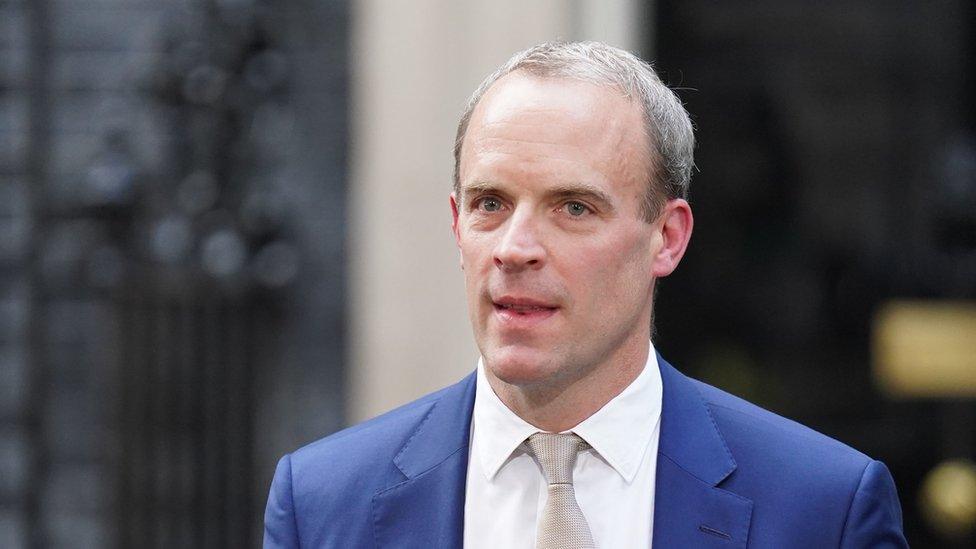Pressure could affect terror attack response - report
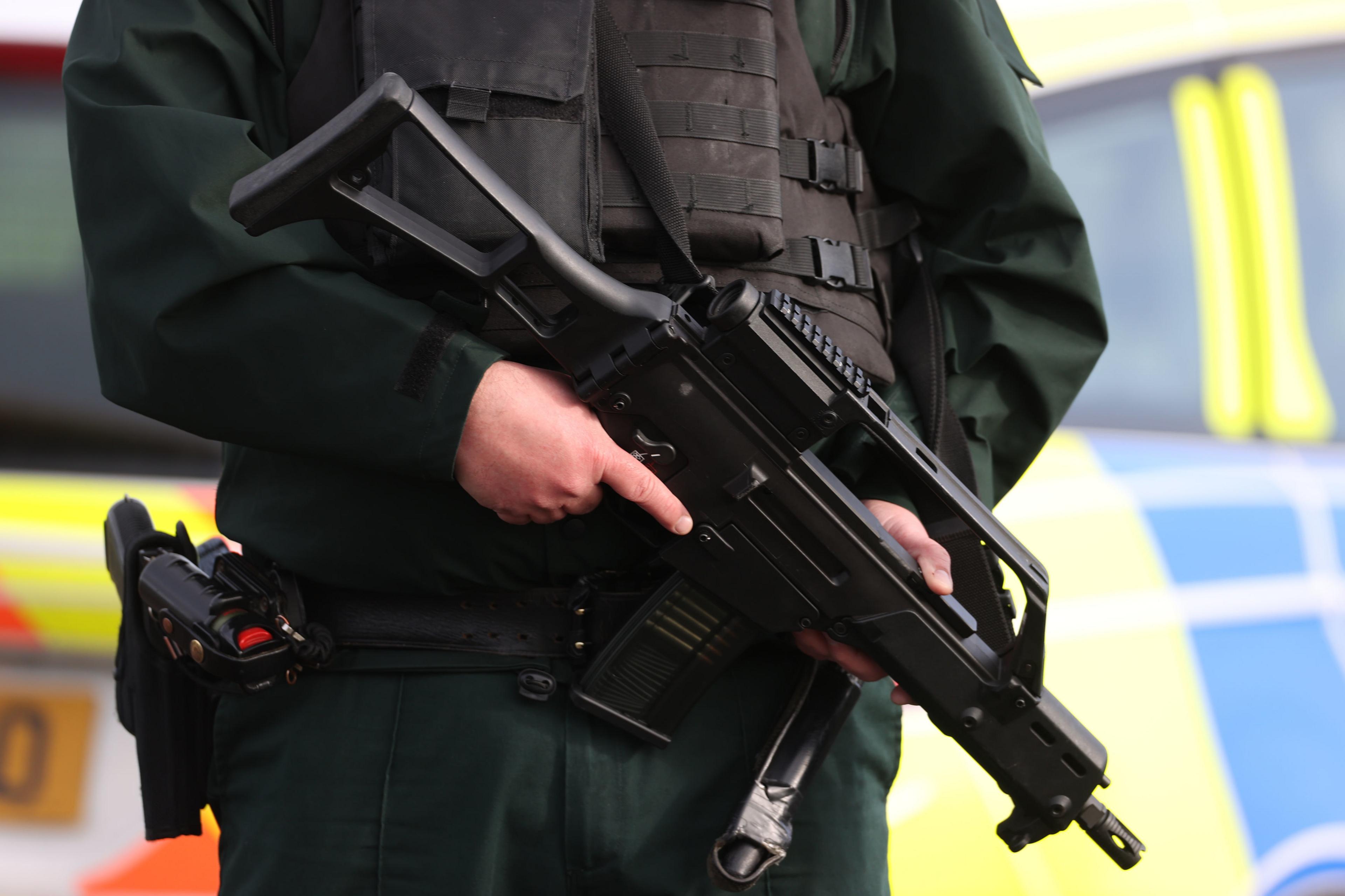
Responses to major terror attacks could be slower as a result of capacity pressures
At a glance
The capital's emergency services are facing staffing, funding and capacity cuts, a police and crime committee report says
The report warns this may impact on the ability of the services to respond to major terrorist attacks
The Met Police faces challenges in recruiting and retaining digital specialists, the report says
The capital’s emergency services have each offered assurances they are working to ensure they have robust plans in place
- Published
London’s emergency services are facing "capacity pressures" that may impact their ability to respond to major terrorist incidents, City Hall politicians say.
The warning comes in a new report published by the London Assembly’s police and crime committee.
The cross-party group said although there had been some improvements on how blue-light services worked together to prepare and respond to terror attacks, pressures remained.
The capital’s emergency services each noted the report's recommendations and gave assurances they were working to ensure robust plans were in place.
The report said London Ambulance Service and London Fire Brigade were facing significant pressures, related to staffing, funding and capacity, that could impede their response to a major incident.
It also noted that the Met Police faced challenges in recruiting and retaining digital specialists to work in counter-terror policing.
'Concerned'
The committee's report builds upon 294 recommendations made by Lord Harris of Haringey, who was commissioned by Mayor of London Sadiq Khan in 2021 to undertake a review of the changing nature of terrorism threats.
Susan Hall, the committee’s Conservative chair, said: “We recognise the significant pressures facing our emergency services and we are concerned that this could hinder an effective response to a major incident."
The committee also stressed in their report the importance of better understanding of who is at risk of radicalisation into potential terrorism.
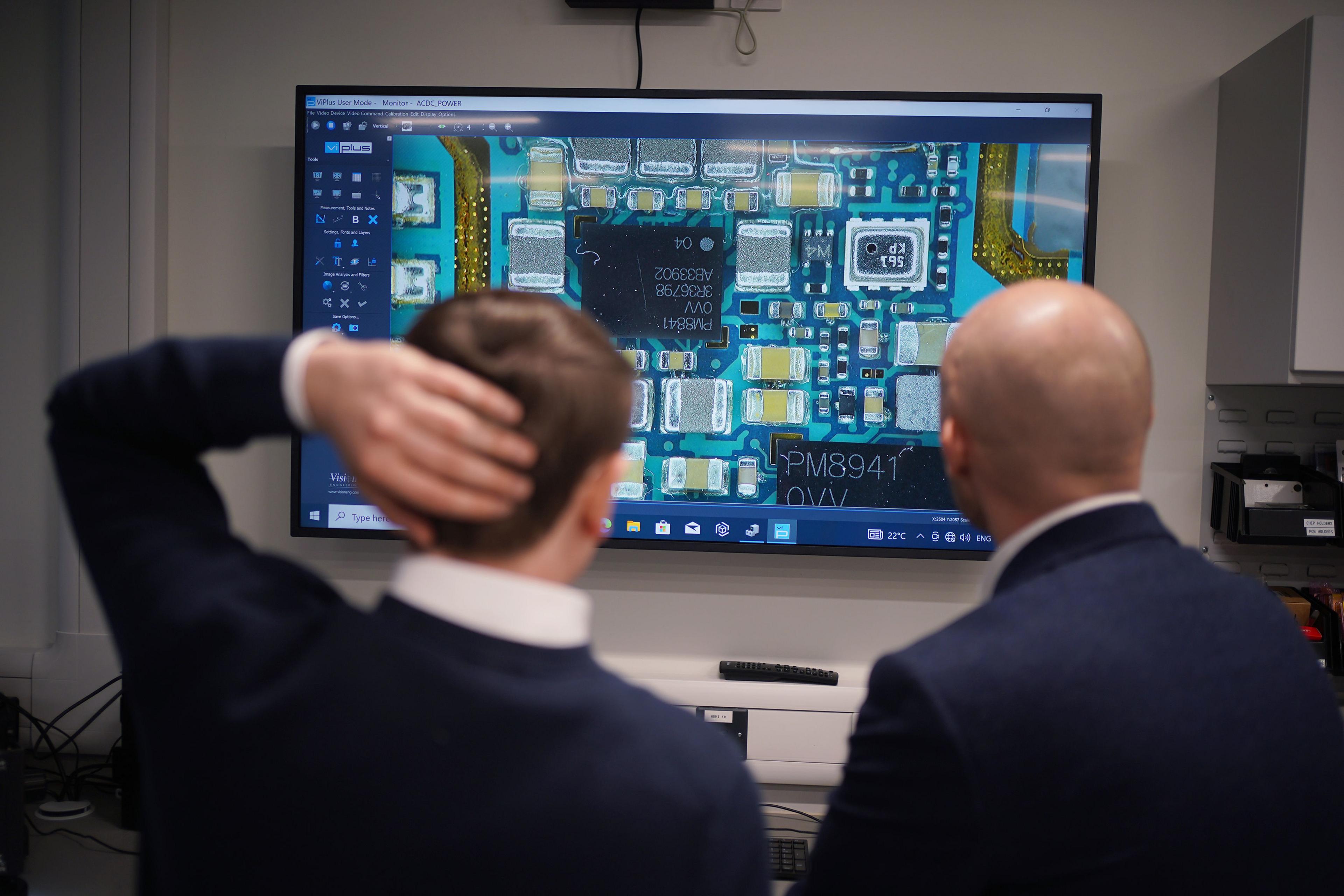
The Met Police face challenges in recruiting for certain roles
A spokesperson for Mr Khan says he is “supporting the capital’s emergency services so that they are properly funded and better equipped to deal with specific types of attacks”.
“Sadiq is clear that we must always be ready and prepared for the constantly evolving threat of terrorism.
"He is continuing to invest record amounts in the Met and funding community-led grassroots projects across London to tackle extremism, hate and radicalisation," he added.
London’s emergency services each said that they welcomed the committee’s report and noted its recommendations.
Jonathan Smith, Deputy Commissioner of London Fire Brigade, said: “The brigade has made good progress on meeting the recommendations from Lord Harris’s most recent review."
A spokeswoman for London Ambulance Service added the organisation had “robust plans in place that allow us to respond rapidly during major incidents, including terrorist attacks”.
She added the ambulance service would "be happy to provide assurance to the mayor around our contingency plans and respond formally to the [committee’s] document in full”.
Commander Dominic Murphy, who leads the Met’s Counter Terrorism Command said: “We continue to work hard on implementing the many recommendations made by Lord Harris to make us even better prepared to respond with our partners to a terrorist attack here in London, and we are making good progress with these."
He added the new Counter Terrorism Operations Centre in London was helping agencies become more integrated and the Met would "now take time to consider the report’s findings in full".

Follow BBC London on Facebook, external, Twitter, external and Instagram, external. Send your story ideas to hellobbclondon@bbc.co.uk, external
- Published8 February 2023
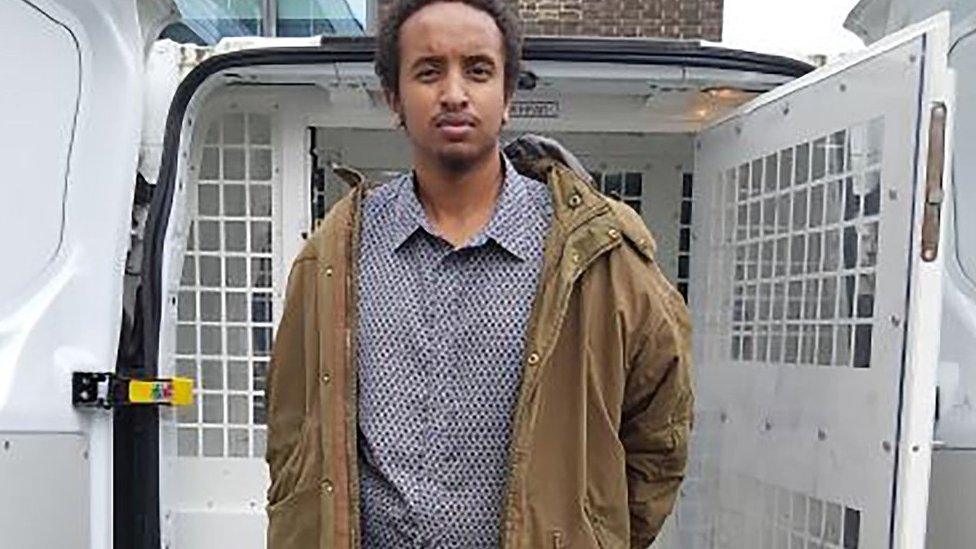
- Published19 January 2023
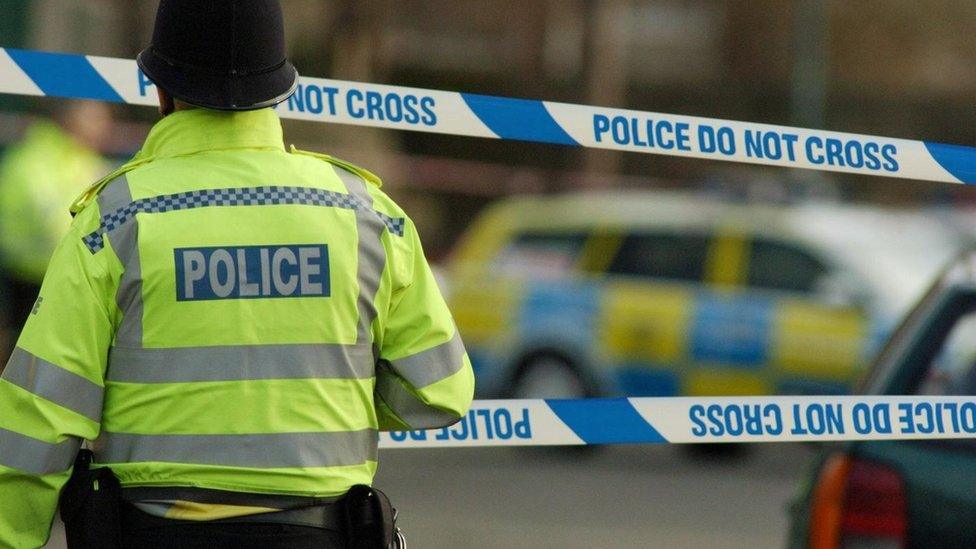
- Published20 November 2022
